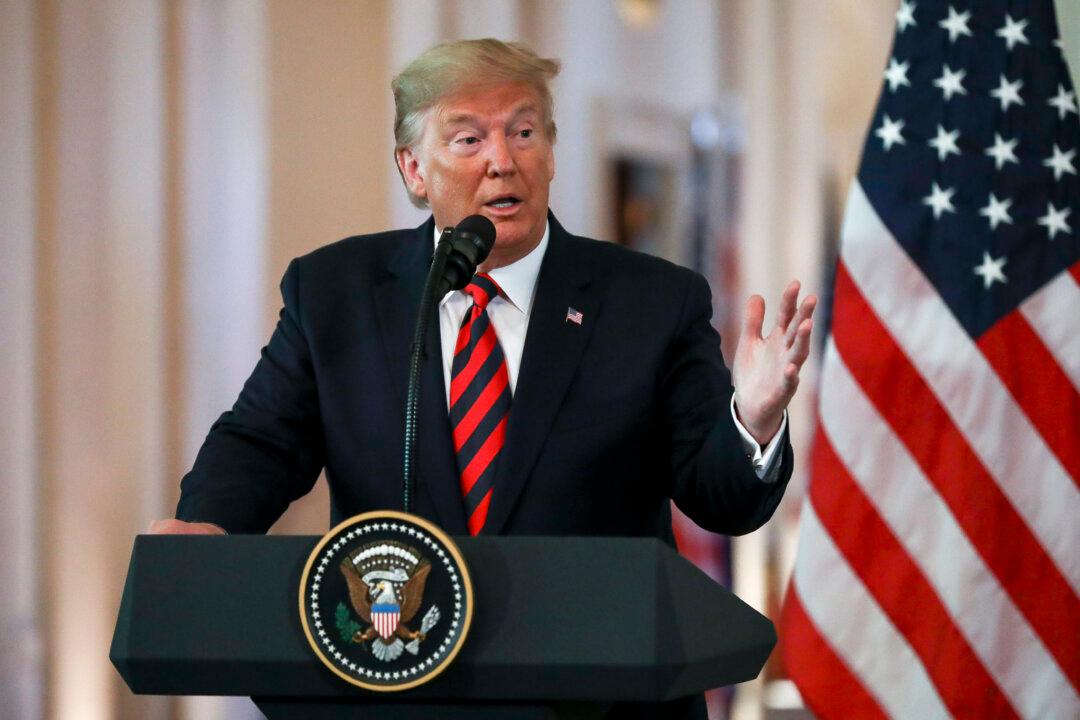WASHINGTON—President Donald Trump is set to make the protection of religious freedom a key focus at the United Nations meetings in New York.
“The president will highlight American values and underscore that America is a positive alternative to authoritarianism,” a senior administration official told reporters on Sept. 20. “Specifically, he will use this opportunity to showcase the administration’s commitment to upholding democracy and protecting religious freedom.”





